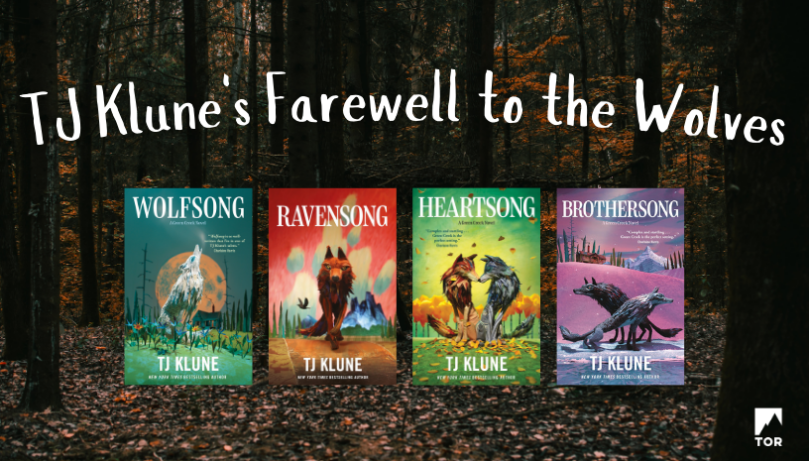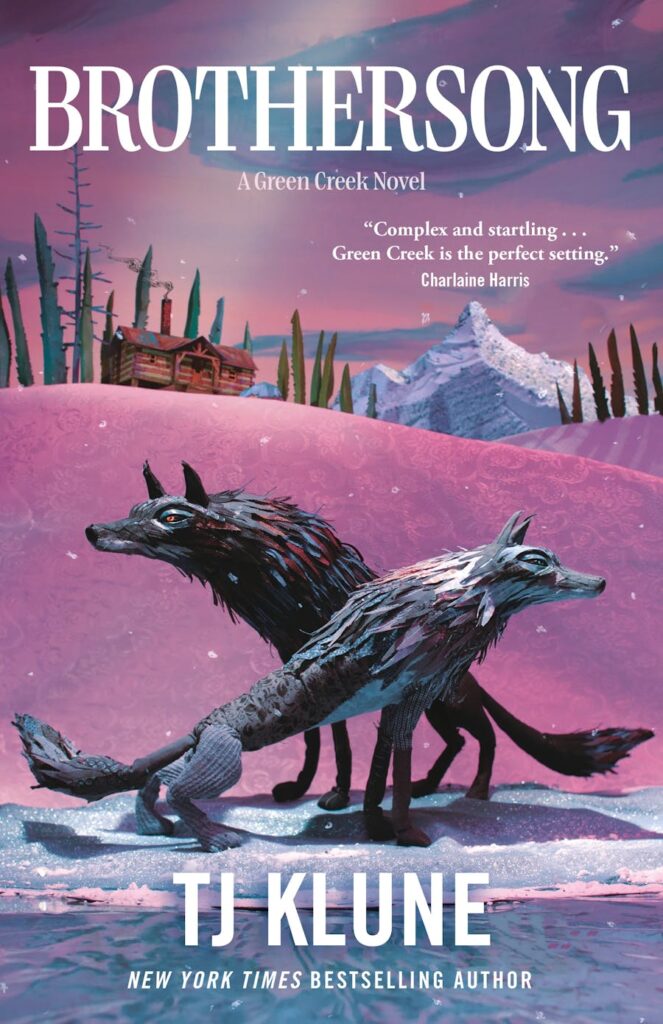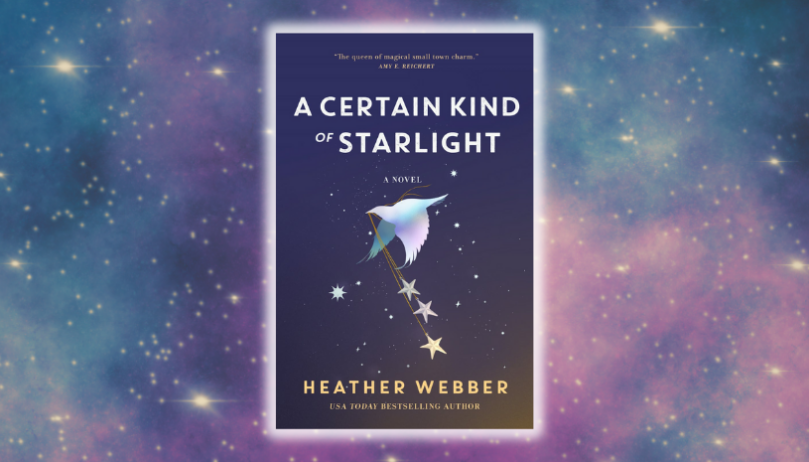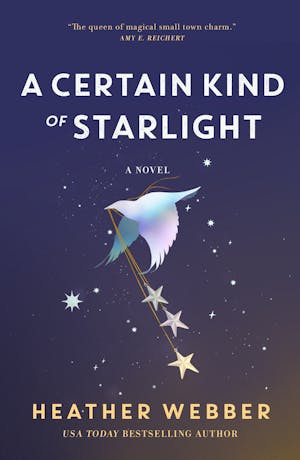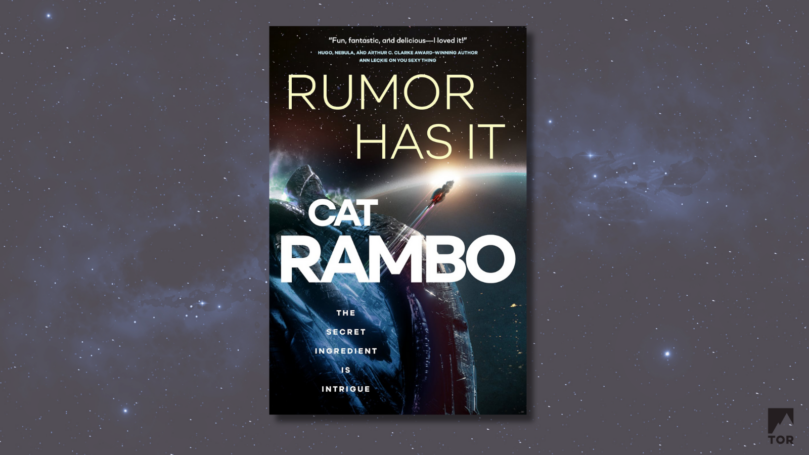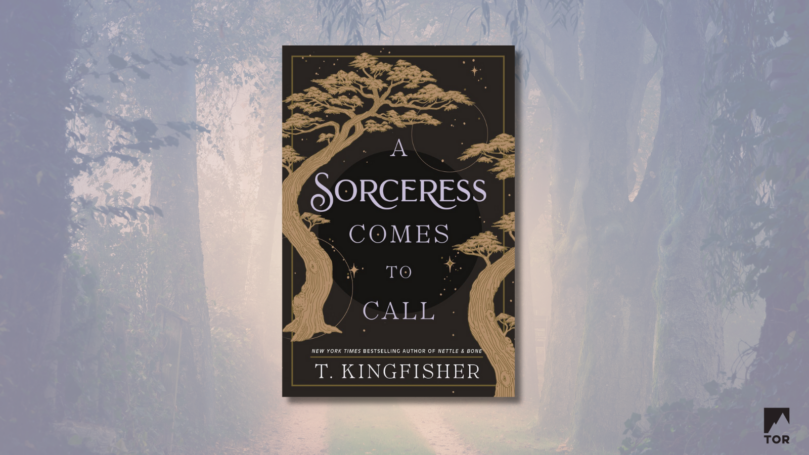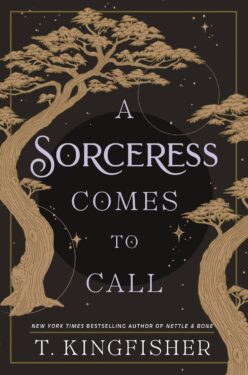 A brand new suspense novel from “the master of the suburban scandal” (Samantha M. Bailey), Aggie Blum Thompson.
A brand new suspense novel from “the master of the suburban scandal” (Samantha M. Bailey), Aggie Blum Thompson.
Neighbors Gwen, Aimee, and Lisa share more than playdates and coffee mornings on their tranquil street in East Bethesda. They confide their deepest secrets, navigate the challenges of motherhood together, and provide a support system that seems unbreakable.
But when Gwen’s husband is found murdered after one of their weekly Friday night dinners, the peaceful quiet of their cul-de-sac shatters. The seemingly idyllic world of the three close-knit mom friends becomes a web of deception, betrayal, and revenge.
As the police investigate, the veneer of friendship begins to crack, revealing hidden tensions, clandestine affairs, and long-buried jealousies among the three women. With suspicions mounting and the neighborhood gripped by fear, Gwen, Aimee, and Lisa must confront the chilling truth about their husbands, and the sinister undercurrents in their own friendship.
You Deserve to Know will be available on March 11th, 2025. Please enjoy the following excerpt!
CHAPTER ONE
She has a sneaking feeling that her friends are talking about her. Anton and Lisa, outside on the patio, keep glancing at her through the kitchen window, where Aimee stands at the counter, dressing the salad. They’re sitting at the large patio table, too close together, too close for other people’s spouses, that is. What are they whispering about?
Her.
Aimee is sure of it. Probably talking about that stupid argument that she had with Lisa earlier, and the way she stormed off. Not stormed, exactly, but Aimee stood up so abruptly that her chair scraped the flagstone in an earsplitting screech as she announced, “I’ll get the salad.”
From where she stands inside her kitchen, Aimee has a good view of the two of them at the table. Through the large sliding doors to the right, she can see the whole of her backyard. At one end, all six of the kids are running around, jumping on the trampoline, chasing the dog. A plume of smoke curls from around the side of the house where her husband, Scott, and Lisa’s husband, Marcus, are presumably manning the grill, a behemoth of a thing she gave to Scott for Father’s Day a few months earlier.
Lisa and Marcus.
Gwen and Anton.
And Aimee and Scott.
The three families live on the same cul-de-sac, Nassau Court,
in East Bethesda, just outside Washington, D.C. The five younger kids are all close in age and attend the same school—both sets of twins in first grade and Noa in fourth grade, while Lisa and Marcus’s son, Kai, has just started middle school. The three families have spent so much time together in the past year that Aimee can read Anton’s and Lisa’s body language even thirty feet away.
Gwen appears beside her with a bowl of potato salad.
“I think that salad is ready, girl,” she says. “You’re whipping it like it’s egg whites.”
Aimee looks down at the metal salad servers in her hands. She drops them in the bowl and sighs.
“What were you staring at?” Gwen asks.
“I was watching Anton and Lisa. I think they’re talking about me.”
“Hmm. Knowing Anton, he’s telling her to calm down, maybe not be so judgy?”
“Or maybe he agrees with her,” Aimee says. “That my mothering leaves something to be desired.”
Gwen sucks in her breath. “No. You’re an amazing mother. She was being a—”
“Don’t say it.” Aimee turns to smile at Gwen. Three-way friendships are tricky. She was friends with Lisa first. For a few years, they were the only families with kids on the cul-de-sac. When Gwen and Anton moved in next door a year ago, the three women formed a trio. Aimee loves having two close friends on her block that she can count on. Loyalty is everything to her. Sometimes, though, she senses an undercurrent of competition between her two friends.
“I appreciate your coming to my defense, but I’m fine,” Aimee says. She doesn’t want to encourage Gwen to say anything negative about Lisa. She loves Gwen, considers her one of her closest friends, but she can be a little sharp.
Still, Aimee is a bit stung by Lisa’s earlier sanctimonious outrage. Her tone was nasty. You let your daughter do what?
Gwen snorts and pulls open the sliding door to the backyard, and Aimee follows her, clutching the large wooden salad bowl as if it might protect her from incoming arrows.
This is their Friday night ritual. The three families pile into one of the backyards and either grill or order takeout. In the cooler weather, they build a fire and roast marshmallows. Sometimes they drink too much. Sometimes people say things they shouldn’t. But mostly they have fun.
“It’s getting chillier, but I’m so glad we can still eat outside.” Aimee puts the salad down and takes a seat across the table from Anton. The air has the slightest crisp to it, a hint of the autumn to come.
These cloudless September days are her favorite time to be working. In the fall, her landscape design business does not have to deal with the frantic panic of homeowners who want instant flowers in the spring, impatient with the pace at which most plants grow. In the fall, she gets a different sort of client. The ones interested in reshaping their yards, preferably with native plants—her specialty. She’d like to transition to only native designs, but the market isn’t there yet. People love their boxwoods and crepe myrtles.
“What’s this?” Gwen sits down next to Anton and picks up his glass, which contains one large square ice cube sitting in a golden-brown liquid, before taking a sip.
“Blandon’s.”
“Anton. Really. You brought your own?” She smirks at Aimee as she says this, her tone halfway between teasing and mocking. Ribbing her husband is a regular thing for Gwen, which sometimes leaves Aimee uncomfortable at the obvious underlying tension. She wouldn’t do that to Scott, nor he to her. They made a promise to each other to never become a publicly bickering couple. On the surface, Gwen and Anton seem perfect. Anton, the successful writer and university teacher, their beautiful twin boys, and sophisticated Gwen, who works part-time at a Georgetown PR firm and directs her excess creative energies into complicated holiday displays, interior design, and her own flawless appearance.
Aimee always feels slightly unkempt around Gwen. Probably because her own wardrobe consists of Carhartt jackets and cargo pants, and her hair is always up in a messy bun. Not that Gwen has ever said anything to make Aimee feel less than. Gwen can’t help it if she’s one of those moms who makes every other woman feel slightly inadequate.
Anton reaches into a bag at his feet and pulls out a bottle shaped like a large glass grenade, a wide grin on his face. His contribution to Friday nights has been to introduce everyone to expensive alcohol. Aimee chalks this up to his being a writer. She pictures him at home every day, sitting in front of an old typewriter, surrounded by books, sipping bourbon. She once shared this flight of fancy with Gwen, who laughed and said that when she gets home from her work, she often finds Anton in his underwear playing Fortnite.
“Want some?” Anton asks as he holds the bottle in the air. “I’ll take an old-fashioned,” Aimee says.
He cringes in exaggeration, pulling at his clipped beard. “I can’t let you pollute my Blandon’s, but I think Scott’s got some Maker’s Mark in there I can use.” He stands up.
“He definitely does,” Aimee calls after him. “On his beautiful bar cart.”
Once Anton is out of earshot, Aimee turns to Lisa. “Did you see the bar cart Scott bought? It was made in Denmark in 1960 and he’s very, very proud of it.”
“Ooh, mid-century modern,” Gwen says. “Who’s the designer?”
Aimee shrugs. “Beats me.” Her husband’s fascination with Scandinavian mid-century modern furniture is a passion she doesn’t begrudge him, but one she doesn’t share. It seems all the men she knows in their forties and fifties have developed some strange hobby. Anton and his top-shelf liquor—he’s always traveling far distances to pick up some limited-edition bottle—or Scott and his hours spent online hunting down some Danish chair. And Lisa’s husband, Marcus, took up cycling during the pandemic and now heads off every weekend at the crack of dawn in some neon spandex outfit.
“Of course, we’re going to have to trade that thing of beauty in for a locked liquor cabinet at some point,” Aimee says. “I found Noa pouring apple juice into a martini glass from the shaker the other day.”
Gwen laughs. It’s supposed to be a funny, self-deprecating look- at-the-things-our-kids-get-into story. That’s what mom friends are for, to make you feel less alone in your parenting challenges. But when Aimee looks over at Lisa, her friend’s face is frozen in a neutral mask. Aimee feels an uncomfortable twinge in her stomach. The way she parents her nine-year-old daughter has become something of a sore subject with Lisa. Leaning across the table to touch her hand, Lisa smiles. “Listen, I’m sorry about what I said earlier.”
Aimee shakes off Lisa’s hand and tucks a loose curl back into her top bun. “Oh, it’s okay, I get it.” She doesn’t get it. Why Lisa lit into her like that, in front of everyone, for letting Noa visit one of her clients. But she’s trying to avoid a repeat of the conversation.
“You’re an awesome mother,” Lisa says, gathering her long black hair and pulling it over one shoulder.
“Yes, she is!” Gwen says. “In fact, I think we’re all killing it.” “It’s just, how well do you know this woman, Aimee?”
Gwen groans. “Unbelievable,” she says. “Just drop it.”
“Look, I know you mean well, but I’ve got this, okay?” Aimee
stares into Lisa’s almost-black eyes. She is not about to relitigate why she’s been letting Noa spend time visiting one of her clients. The woman, a retired elementary school teacher named Cathy, is perfectly harmless in her baggy Eileen Fisher clothes and chunky black glasses. She wants to hire Aimee to replace the azaleas on her sprawling front lawn with native plants to attract butterflies and birds. When Aimee first went out there to brainstorm design ideas about a month ago, she hit it off with Cathy. On her second visit, she brought Noa, who discovered Cathy had not just a cat, but three newborn kittens, after which she insisted on coming back whenever Aimee went. And yes, over the past few weeks, Aimee has let Noa spend a few hours here and there at Cathy’s to play with the cats. Aimee doesn’t tell Lisa and Gwen that Noa’s fourth grade is off to a rough start, that words like ADHD and sensory processing issues have been bandied about. That being around those kittens makes Noa’s face light up, a welcome contrast to the defeated state in which she comes home from school every day.
Aimee isn’t ready to admit to herself what challenges Noa might have, can’t even bring herself to open the psychologist’s report that arrived in her inbox a few days ago.
And why should she have to say any of this to Lisa? To Gwen? Why should she have to justify herself?
She doesn’t have to. Anton comes back with drinks, followed closely by Scott and Marcus carrying trays laden with burgers, sausages, and grilled corn. Any further conversation is impossible, about Aimee’s parenting choices or anything else. Smelling the meat, the children converge on the table. Lisa and Marcus’s son, Kai, hangs back with Noa, but the four younger kids swarm the food.
“Slow down, boys!” Gwen stands and begins delivering commands while Marcus struggles with the tongs, distributing the slippery hot dogs. Finally, the boys step back and Kai and Noa hold out their plates.
“You two are so patient,” Lisa says to Kai and Noa. “Thank you for letting the younger boys go first.”
All the parents pitch in to get the kids settled with condiments and bean salad, with napkins and forks. This shared sense of responsibility, that they are all helping to raise each other’s children, has created a tight bond. Aimee’s heard people complain that the D.C. suburbs are cold and unfriendly, too transient to make any real connections, so she feels extra lucky to have this circle of friends. They seamlessly step into and out of each other’s lives—picking up one another’s kids at school, for example, or checking if anything is needed before going on a Costco run.
Scott sits next to her, slipping his hand behind her neck and giving it a little rub.
“How’s Bethesda’s most innovative gardener doing?”
She laughs. That accolade was bestowed upon her company by Bethesda Magazine last spring, and he’s called her that ever since. “It’s been a long week.” She needs to tell him about Noa’s psycho-educational report. They usually sit down after dinner on
Sundays to go over important things. She can tell him then. “Then drink up!” Anton says. “How’s the old-fashioned?” Aimee takes a big swig, catching the cherry in her teeth. It’s delicious, and as the bourbon does its job, her stress begins to melt.
After dessert, as everyone is getting ready to leave, Aimee hunts for a book on gentle parenting that she found useless but promised to lend Gwen. She remembers leaving it in the laundry room, and heads there to look. A little buzz from the bourbon has her a bit fuzzy but in a good way. Behind her she can hear the chaos of kids and adults, who have all moved from the backyard through the house and into the large foyer. As she grabs the book from a basket of random things, Aimee senses someone behind her and looks up to see Anton standing there.
“Hey.” She straightens up and holds out the book. “Gwen asked for this.”
He doesn’t take it, but he wobbles a little, and Aimee realizes he’s drunk. It’s not the first time she’s seen him this way. Last winter break, when the three families went to Vermont together, Anton drank so many IPAs that he passed out in the snow outside the Alchemist Brewery in Stowe.
“Listen—about before, you know with Lisa . . .” His voice trails off. He witnessed the worst of Lisa’s nasty comments about Aimee’s parenting.
Aimee waves her hand. She doesn’t want Anton getting involved. She can handle Lisa. “I’m fine. No hurt feelings here.”
“Yeah, that’s not it,” he says, irritated, vibrating with nervous energy. He glances behind him as if to make sure no one is listening and turns back.
“Anton?” Gwen calls from the foyer.
“I think Gwen’s looking for you.” Aimee puts her hand on his arm, gently nudging him in the direction of the front door.
Gwen appears. “There you are! Didn’t you hear me calling? We have to go. The boys are really tired.” The tension in her voice is evident. Gwen doesn’t like to let the ugly parts show. It’s all about control with her. Tidy house. Twins in matching clothes. Job at a prestigious PR firm with high-powered clients. The only thing that refuses to bend to her will is Anton.
He’s a hot mess.
And tonight, he is messier than usual.
Gwen maneuvers around her husband and gives Aimee a hug. “Thanks for bringing the potato salad,” Aimee says. “Here’s the book I told you about. It just ended up making me feel guilty, but maybe you’ll get more out of it.”
Gwen takes the book and turns to go, but Anton doesn’t follow her. Not right away. He leans into Aimee, as if for a goodbye hug, but instead he hovers, his mouth inches from her ear.
Aimee can feel his hot breath on her neck, smell the bourbon. The intimacy of someone else’s husband so close unnerves her. She instinctively pulls back, but not before he whispers something in her ear.
“You deserve to know.”
Click below to pre-order your copy of You Deserve to Know, available March 11th, 2025!
opens in a new window opens in a new window
opens in a new window opens in a new window
opens in a new window opens in a new window
opens in a new window opens in a new window
opens in a new window


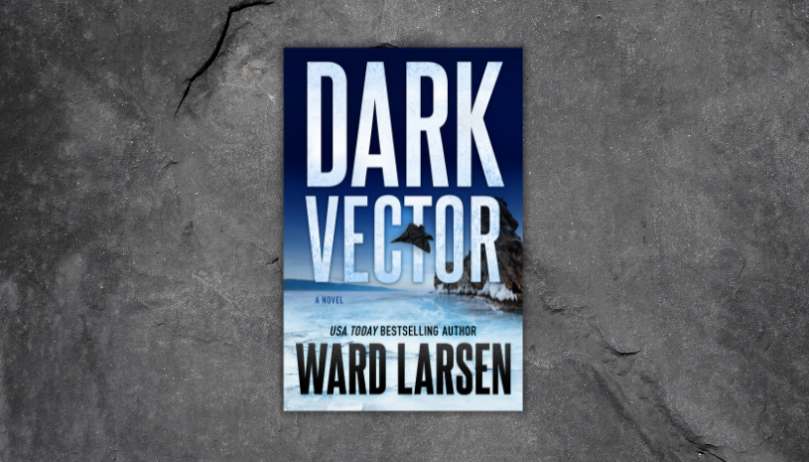
 The first book in a blockbuster new series from USA Today bestseller, Ward Larsen!
The first book in a blockbuster new series from USA Today bestseller, Ward Larsen!






